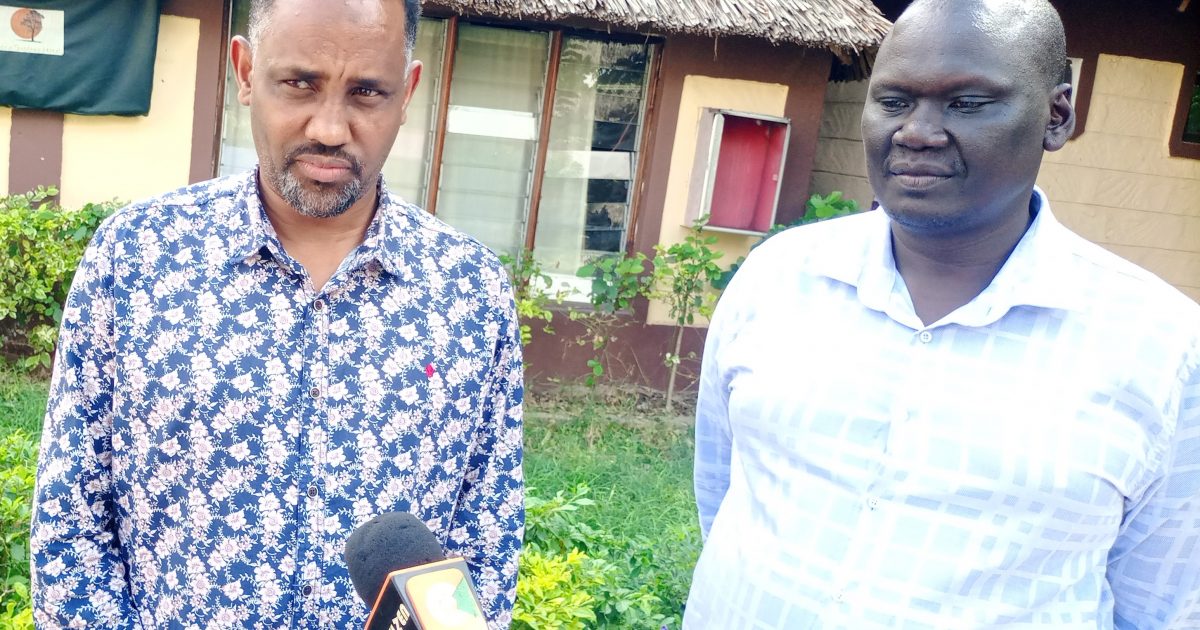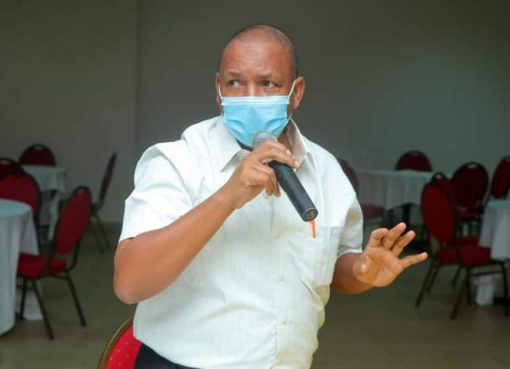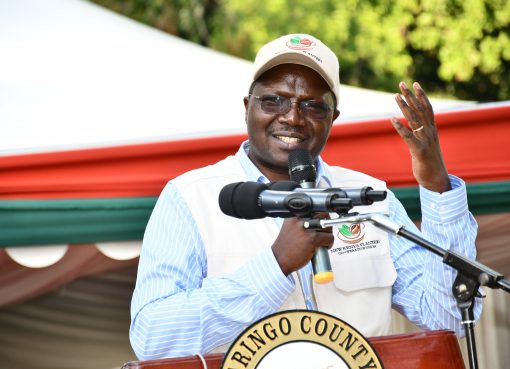Early marriages, HIV and Gender Based Violence (GBV) have been cited as the top three biggest challenges facing the youth today across the country, National Council for Population and Development (NCPD) Director General Dr. Mohammed Sheikh has said.
Speaking at a Garissa hotel during a one-day workshop that brought together different stakeholders to disseminate issues of population and development, Dr. Sheikh said the three that have been named as the triple threat should be addressed head on to safe ‘our next generation’.
Dr. Sheikh said the national and county governments together with the relevant players must come together to provide opportunities for the youth through proper planning and prioritizing programmes that will empower the youth.
He said that the challenges vary from one county to another noting that teenage pregnancy and FGM are rampant in North Eastern region and that the numbers were worrying hence the need for the stakeholders to make the right response to arrest the situation.
According to statistics FGM in North Eastern stands at over 98 per cent. Gender based violence and child marriages are other vices that are still rampant in the region.
Northern Kenya has the highest maternal mortality rate in the country with the main cause being obstructed labor because of FGM.
He said that there was a need to educate members of the public, especially the rural folks on the harmful practices and health dangers together with what penalties they attract.
“We all need to create awareness on the laws that exist especially to the rural folks that if you are found engaging in this harmful practice then there are laws that will deal with you. Unfortunately a big number are still not well informed about these laws,” Dr. Sheikh said.
“It is important that this information is disseminated to the public and the people of Garissa so that they understand. Vigorous campaigns and awareness creation need to be carried out,” he added.
Garissa Deputy County commissioner Solomon Chesut said that chiefs, village elders and the Nyumba Kumi have a big role to play in not only ending the vices but also disseminating the right information to the public.
“We are law enforcement officers and the law is very clear when it comes to practicing some of these harmful cultural practices that have been prohibited under our laws,” Chesut said.
“Any administration officer found abetting them will only have him or herself to blame since serious administration measures will be taken against them,” he added.
Fatuma Dekhow Maalim from the women education and health for development said that wananchi have a very big role to play in ending these retrogressive and harmful practices that have only worked against the community.
“There is no single person who is placed to end these harmful practices, it is a collective responsibility that involves the sheikhs, elders, the civil society, the youth, and our mothers. Everybody should be involved,” she said.
During the workshop, the international conference on population and development (ICPD) was also disseminated.
At the conference that was held in 2019, Kenya made 17 commitments among them issues of ending teenage pregnancies, maternal mortality and gender based violence.
By Jacob Songok





